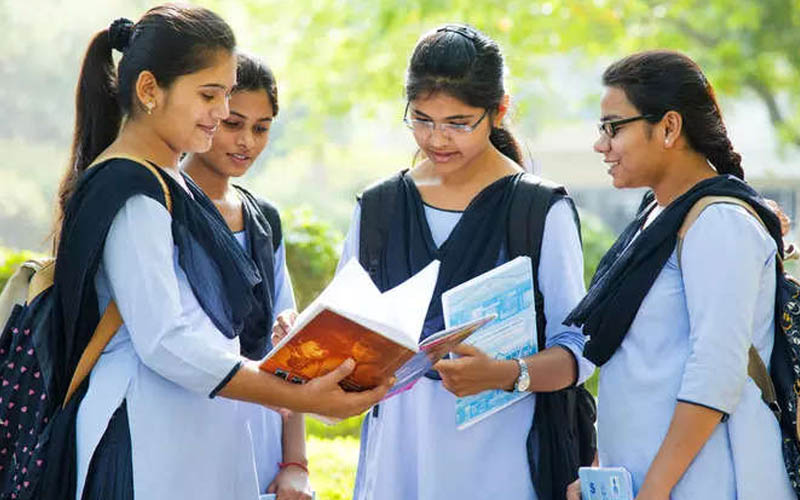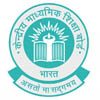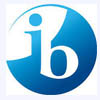
CBSE Board: Revolutionizing Education in India
Education is the backbone of any country's development, and India is no exception. India's education system has undergone a massive transformation in recent years, and one of the driving forces behind this transformation is the Central Board of Secondary Education (CBSE). The CBSE Board has been instrumental in shaping the education landscape in India and has helped millions of students achieve their dreams. In this article, we'll take a look at the CBSE Board's history, meaning, and impact on education in India.
A Brief History
The CBSE Board was established in 1962 with the goal of providing a common platform for all students across India. Before the CBSE Board, there were different educational boards in different states, which meant that the quality of education varied significantly from state to state. The CBSE Board was established to standardize education across the country and ensure that all students received the same quality of education, regardless of which state they came from.
Over the years, the CBSE Board has grown to become one of the largest education boards in the world. It is responsible for conducting board exams for Class 10 and Class 12 students, and it also provides curriculum guidelines and study materials to affiliated schools. Today, there are over 24,000 schools in India affiliated with the CBSE Board, making it one of the most popular education boards in the country.
About Board
The CBSE Board is a national education board that operates under the Ministry of Education, Government of India. The board is responsible for setting curriculum guidelines, conducting exams, and issuing certificates for students who complete their studies under its purview. The board provides education to students up to Class 12, and its curriculum is designed to ensure that students receive a well-rounded education that prepares them for the challenges of the real world.
One of the most significant advantages of studying under the CBSE Board is that the board's curriculum is recognized by universities across the world. This means that students who study under the CBSE Board are well-equipped to pursue higher education in any country they choose. The CBSE Board's curriculum is also designed to be flexible, which means that schools can tailor their teaching methods to suit the needs of their students.
Concept of Indian Education System under CBSE
The Indian Education System, administered by the Central Board of Secondary Education (CBSE), comprises a 10+2+3 framework, implying that students must complete 15 years of formal education before proceeding to advanced studies or commencing their careers. During the first ten years, students receive primary and secondary education, culminating in the class 10th or Secondary School Certificate (SSC) level. At this juncture, students may either remain in the same school or enrol in a junior or pre-university college. The subsequent two years, known as the 'higher secondary' stage, involve specialized study in subjects such as science, commerce, or arts. Students undertake preparatory work for their class 12th or Higher Secondary School Certificate (HSC) examinations, which determine their eligibility for advanced education.
As a parent, you may be curious about the subjects that your child will be studying in Class X. The Central Board of Secondary Education (CBSE) offers a wide range of subjects at this level, which are divided into major and minor categories. The major subjects are mandatory and include Mathematics, Science, Social Science, and English. These subjects are crucial as they provide a strong foundation for higher education and future career prospects. But did you know that CBSE also offers a variety of minor subjects that your child can choose from? These optional subjects can help your child develop additional skills and knowledge that can be beneficial in their academic and personal life. Some of the minor subjects offered by CBSE include Home Science, Computer Applications, Information Technology, Art Education, Music, and Physical Education. However, it is essential to note that the availability of these subjects may vary from school to school. As a parent, you can encourage your child to select minor subjects based on their interests, aptitudes, and career aspirations. This will not only help your child enjoy their studies but also set them up for success in the future. In summary, by selecting a combination of major and minor subjects, your child can acquire a diverse set of skills and knowledge that can help them succeed in their academic and professional life.
Schools are affiliated with the CBSE board
Currently, there are more than 24,000 schools affiliated with the CBSE board, making it the largest board of education in the country. These schools are spread across the country, making it a popular choice for parents who frequently relocate. The board also offers flexibility in terms of the medium of instruction, allowing students to study in their preferred language.
• The Central Board of Secondary Education (CBSE) governs the Indian Education System's secondary and senior secondary stages of education, which are pivotal in a student's academic journey.
• The high school stage encompasses classes 9 and 10, culminating in the Secondary School Examination (SSC) or class 10 board exams, which determine the students' eligibility for further education.
• The senior secondary stage comprises classes 11 and 12, where students can select a stream of their choice, such as science, commerce, or humanities.
• The Higher Secondary Examination (HSC) or class 12 board exams are the final exams of this stage, and their results are significant in deciding the students' eligibility for higher education in universities and colleges across India.
• These standardized board exams conducted by the CBSE evaluate the students' knowledge and understanding of the subjects studied during their secondary and senior secondary education.
• The board exams at class 10 and class 12 play a vital role in determining a student's future prospects in higher education and are an indispensable aspect of the Indian Education System under CBSE.
The Central Board of Secondary Education (CBSE) is a popular choice for many parents in India for several reasons:
• Nationally Recognized: CBSE is a nationally recognized board that conducts examinations across India, making it easier for students to move from one state to another without having to change their curriculum.
• Wide Range of Subjects: CBSE offers a wide range of subjects, from traditional academic subjects to vocational and skill-based courses, allowing students to choose from a diverse range of options.
• Focus on Skill Development: CBSE curriculum focuses on skill development, practical knowledge, and problem-solving abilities, preparing students for higher education and the workplace.
• Advanced Curriculum: CBSE board syllabus is regularly updated to keep pace with the latest developments in the field of education, ensuring that students are equipped with the latest knowledge and skills.
• Recognition by International Universities: CBSE is recognized by many international universities, which makes it easier for students to apply for higher education abroad.
Overall, CBSE is a preferred choice for parents because of its excellent reputation, advanced curriculum, and its focus on skill development, making it an excellent choice for students seeking quality education.













Leave a query